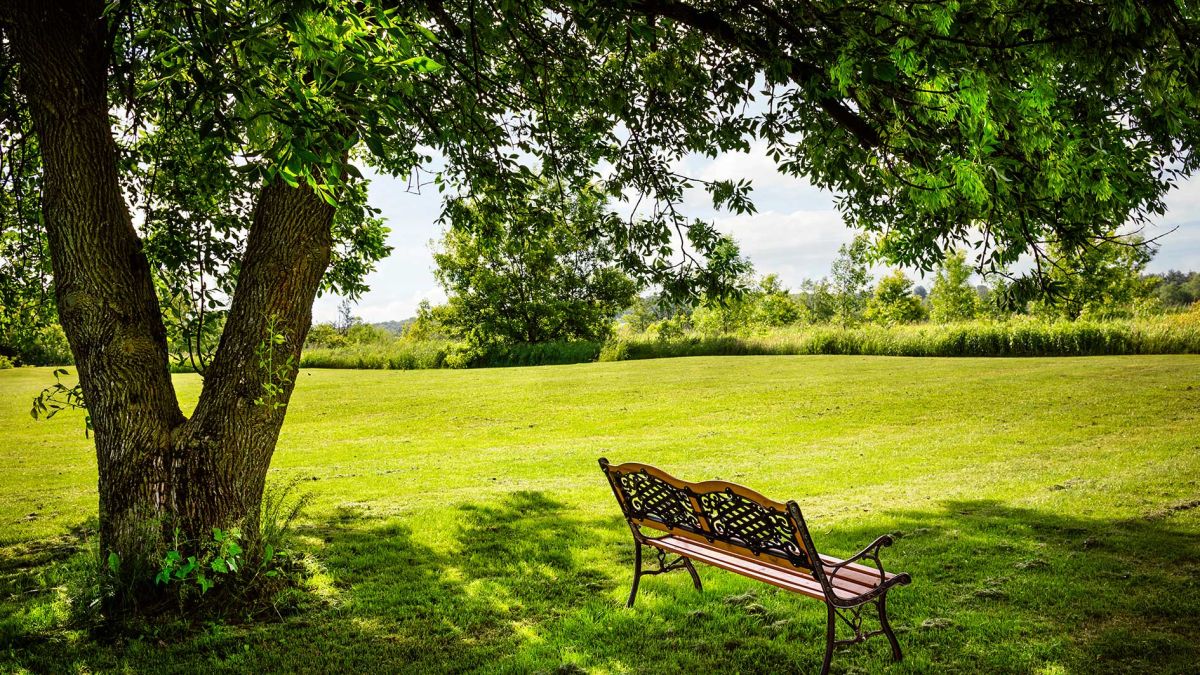Al-Hawá and the Shade of the ʿArsh


Al-Hawá which invites him to the places of lusts. Concerning the person who gives charitable gifts secretly so that his left hand does not know what his right hand has given, had it not been for his subduing of his Hawá, he would have not been able to attain this state.
Al-Ḥamdulillāh wa al-ṣalātu wa al-salāmu ʿalá nabiyyinā wa ḥabīibnā Muḥammad
Taken from ‘The Translation of the Meanings of Summarized Ṣaḥiḥ Al-Bukharī’ as translated by Dr. Muḥammad Muḥsin Khan (Vol.1 no.629):
Narrated Abū Hurayrah (raḍī Allāhu ʿanhū): The Prophet (ṣallallāhu ʿalayhi wa-sallam) said, “Allāh will give shade to seven, on the Day when there would be no shade but His. (These seven persons are)
1. A just ruler,
2. A youth who has been brought up in the worship of Allāh (i.e. worships Allāh Alone sincerely from his childhood),
3. A man whose heart is attached to the mosques [i.e. who offers the five compulsory congregational Salat (prayers) in the mosques],
4. Two persons who love each other only for Allāh’s sake and they meet and part in Allāh’s Cause only,
5. A man who refuses the call of a charming woman of noble birth for illegal sexual intercourse with her and says: I am afraid of Allāh,
6. A man who gives charitable gifts so secretly that his left hand does not know what his right hand has given (i.e. nobody knows how much he has given in charity), and 7. A person who remembers Allāh in seclusion and his eyes become flooded with tears.”
Taken from ‘The Dispraise of Al-Hawá (Desire)’ by Ibn al-Qayyim (being Ch.29 of Rawdat-ul-Muhibeen wa Nuzhat-ul-Mushtaaqeen) and translated by Dr. Saleh As-Saleh (pp.53-54):
‘…If you contemplate about the seven whom Allāh will shade in the shade of His ‘Arsh wherein there is no shade but His, you will find that they deserved that shade because of their opposition to Al-Hawá. Indeed the Imām having authority and power will not be able to establish justice except by opposing his Hawaa. And with respect to the youth who prefers sincere worship of Allāh over the urge of his youthfulness, had it not been for the opposition of his Hawaa, he would not be able to accomplish this state of worship. As to the person whose heart is attached to the mosques, the thing that drove him to this condition is the opposition of Al-Hawá which invites him to the places of lusts. Concerning the person who gives charitable gifts secretly so that his left hand does not know what his right hand has given, had it not been for his subduing of his Hawaa, he would have not been able to attain this state. And the person who was invited by a charming woman of noble birth (to have illegal sexual intercourse with her), feared Allāh and opposed his Hawaa. As to the one who remembers Allāh in seclusion and his eyes become flooded with tears for fearing Him, the thing that made him reach this state is the opposing of his Hawaa. Consequently, they were saved from being affected by the intense heat of the Al-Mawqif on the Day of Resurrection and the sweating therein. The people (adhering to) Al-Hawá will experience the utmost degree of intense heat and sweating while they are still waiting to enter the “Prison of Al-Hawá”. Allāh is the One to be petitioned to grant us protection from the Ahwaa’ (sing. Hawaa) of ourselves which are inclined to evil, and that He makes our Hawaa in accordance with what He loves and is acceptable to Him. He has power over all things, and He is most worthy of answering our petition.’
Taken from the endnotes to the above work (p.52)
‘…Know, may Allāh’s Mercy be upon you, that the shade sometimes is mentioned in relation to Allāh and sometimes in relation to His ‘Arsh. Many authentic narrations reported by Imām Aḥmad, Ad-Dārimī,
Al-Baghawī, al-Tirmidhī, Al-Ḥākim, al-Tabarānī and others state that the shade is that of the ‘Arsh. As Al-Hāfiẓ Ibn Ḥajar explained, these narrations when related to the context of the agreed upon ḥadīth: “Allāh will give shade to seven, on the Day when there would be no shade but His…,” preponderates that the shade is that of the ‘Arsh. [See Fat‘h al Bārī V.2, p.144, and Sifaatullāh Al-Waaridah Fil Kitāb Wal-Sunnah, by ‘Alawee ibn ʿAbd al Qaadir As-Saqqaaf, pp. 171-174.]’

















